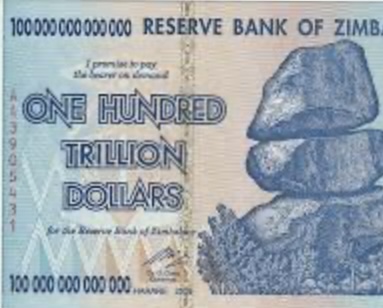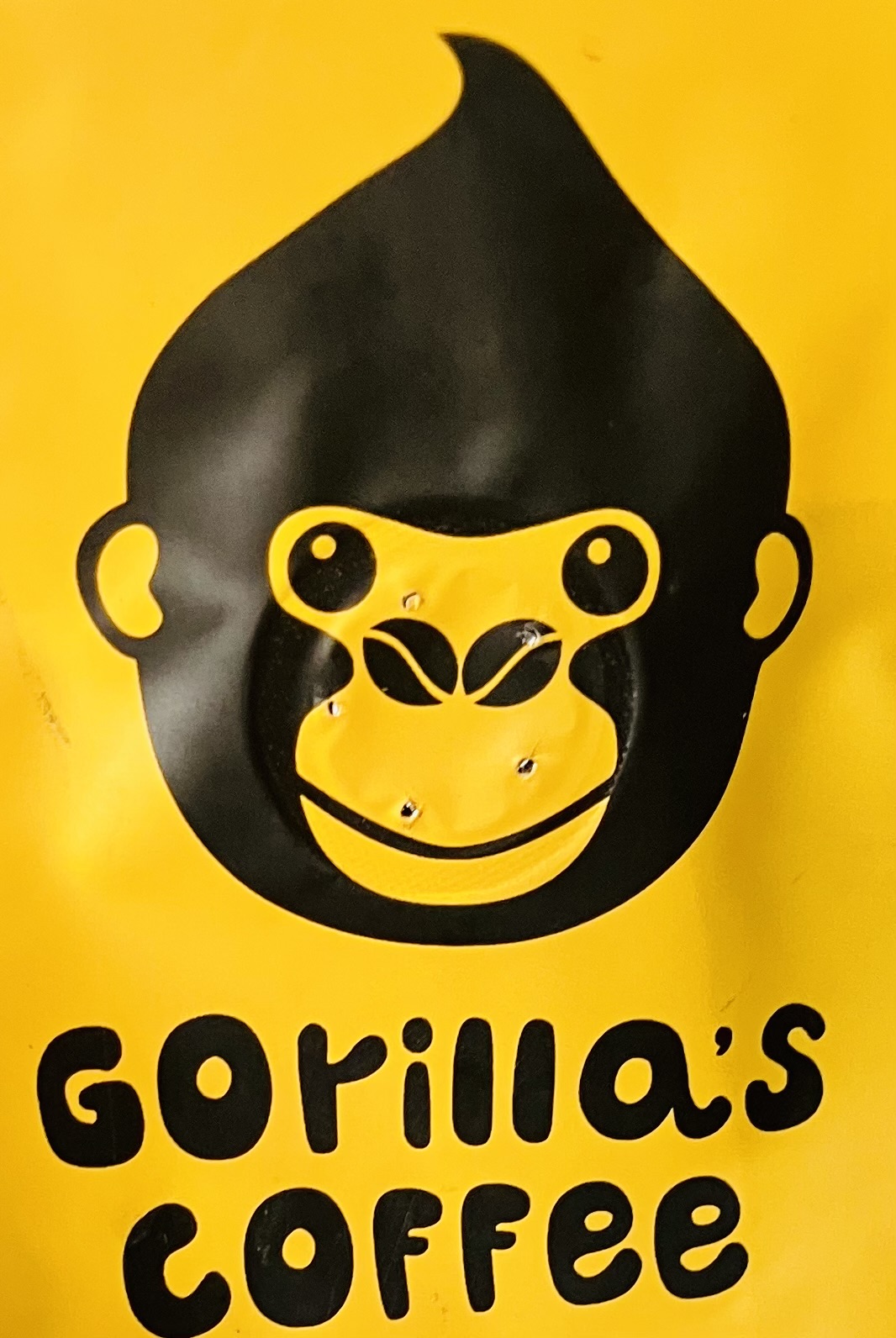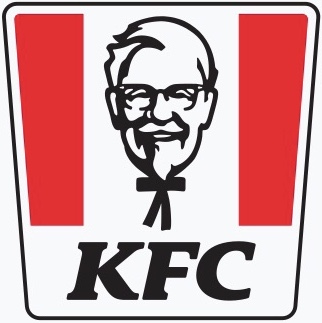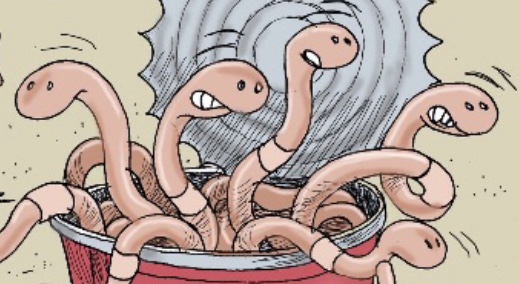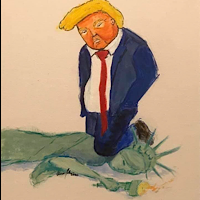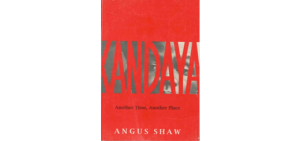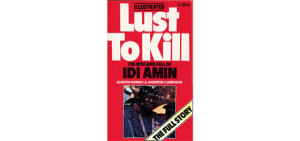Gripe….Growl….Grrrr….
The test of a good baked bean is being able to snack it cold, right out of the tin.
One of Zimbabwe’s first major investments after independence in 1980 came from the U.S. Heinz Corp. The necessary Michigan pea bean began successful cultivation locally. Outgrowers delivered the beans to the local Heinz Olivine factory and cannery. No 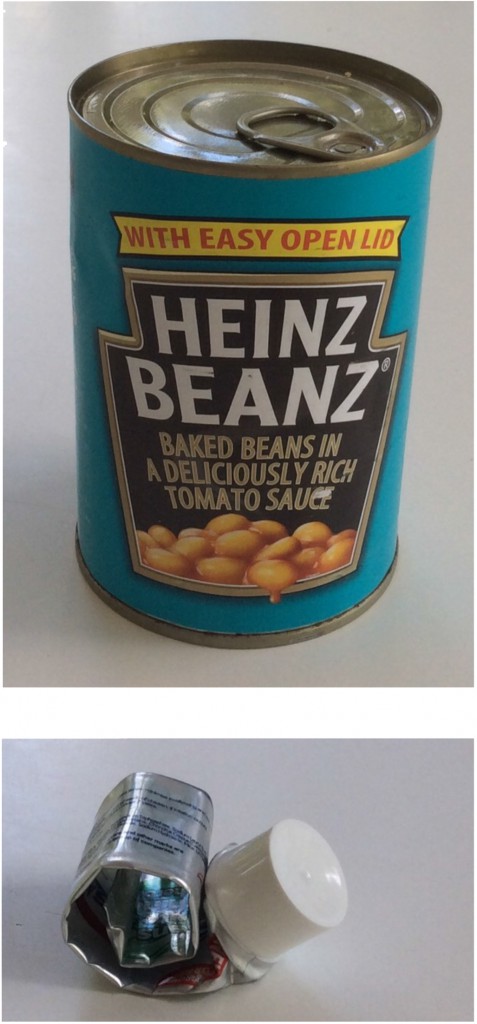 longer.
longer.
The magnificent Heinz baked beans available in Zimbabwe today are canned in Dubai – 5,550 kilometres from Harare. The local Heinz canning was done near Chegutu, 125 kilometers from Harare. Dubai is supplied by outgrowers from all over the world and the cans are distributed in southern Africa from Johannesburg, 1,120 kilometres from Harare.
The Confederation of Zimbabwe Industries says about 80 percent of goods in the supermarkets are now imported, mostly from South Africa but food imports also come from from Zambia, not long ago Zimbabwe’s basket case neighbour.
Many items come from China, 9,700 kilometres from Harare, and certain brands of toothpaste and soap come from Iran, 6,300 kilometres away, and Malaysia, 8,000 kilometres away. Zimbabwe had been self-sufficient in Colgate, made 6 kilometres from my suburb in Harare.
The Harare High Court has just liquidated 17 local companies in a single day, an all-time record for a one day sitting. At least 400 companies closed last year for the loss of income for 60,000 workers and their dependents.
Until labour laws are changed, the downsizing of a business leads to huge and unaffordable redundancy payouts, which is also why the bloated civil service, costing the exchequer 90 percent of tax revenue, cannot be trimmed right now. Commercially, liquidation and shutdown is the only way to go, but you can’t shut down a government although it might sometimes seem that has already happened.
At the liquidation court, one firm’s total assets – furniture, computers, vehicles and outdated machinery – worked out at $50,000. Its accumulated debts and an empty order book caused partly by interminable electricity and water cuts stood at $170,000.
The taxman takes the first cut of the asset value and the creditors and workers will have to queue up to claim the crumbs that remain. At the end of the day, the workers get virtually nothing.
Today’s new gripe:
My local petrol station is operated by Zuva Petroleum, a transnational company that took over from Shell. The pump attendants haven’t been paid fully since the beginning of the year. They should get about $220 a month. So far this year they have each been given $60 a month. How do they feel when their bosses roll up in brand new limos and sign off for a full tank?


